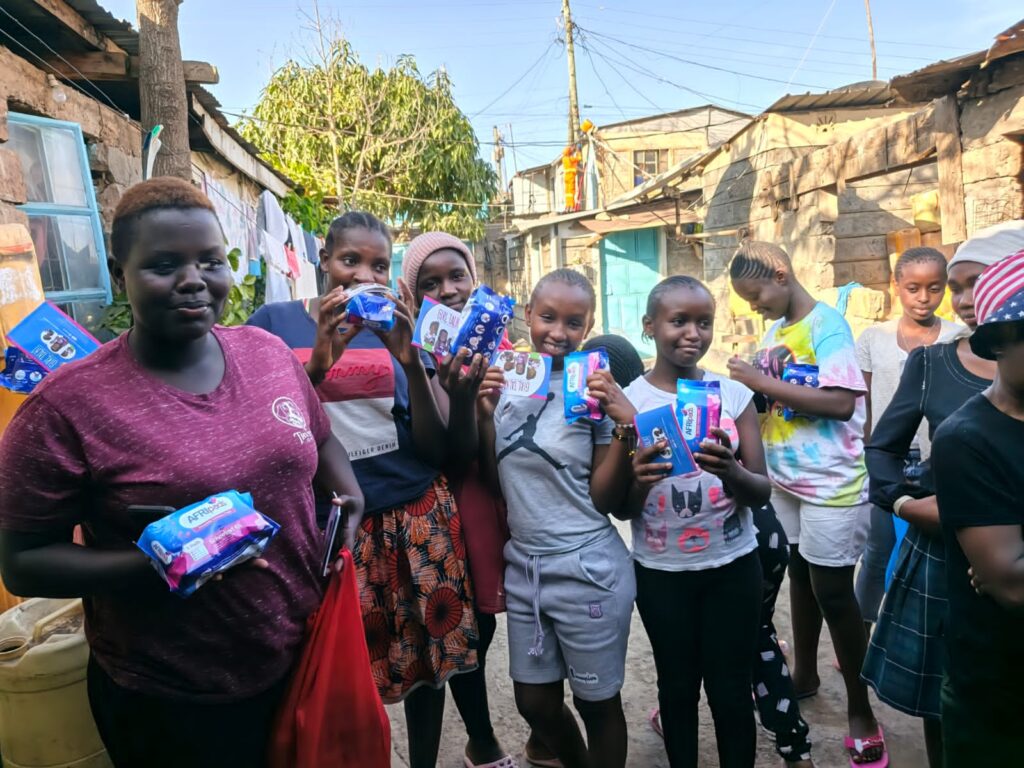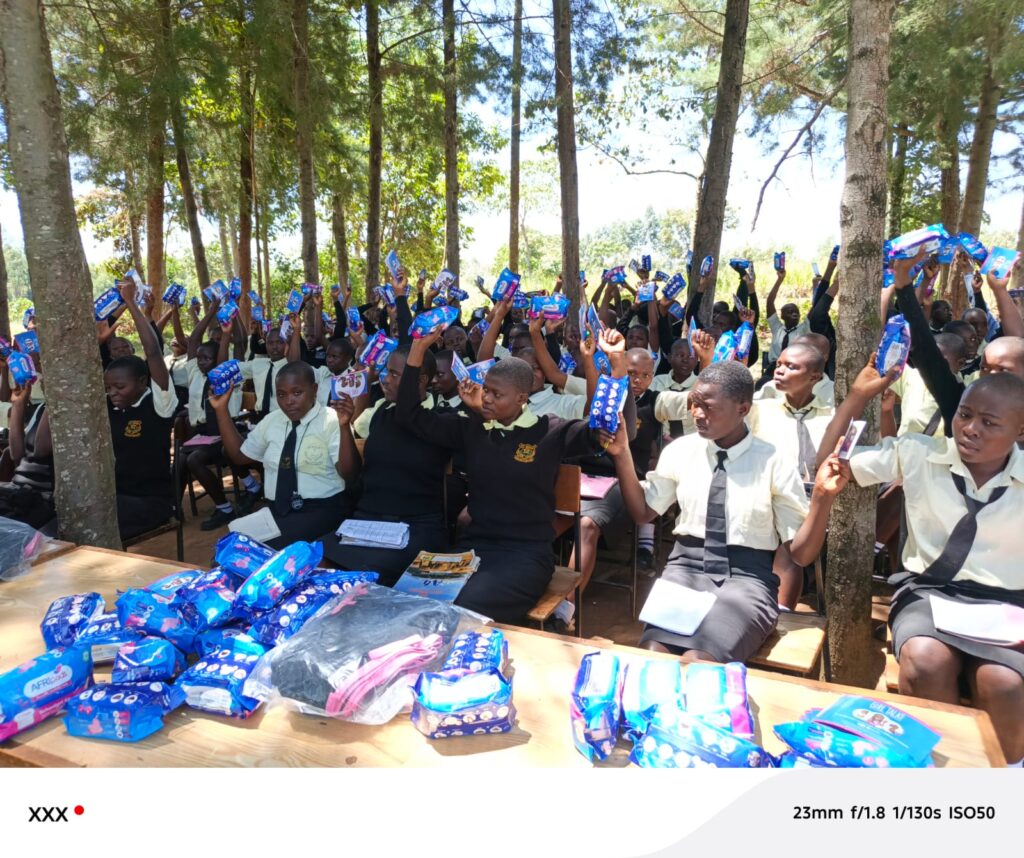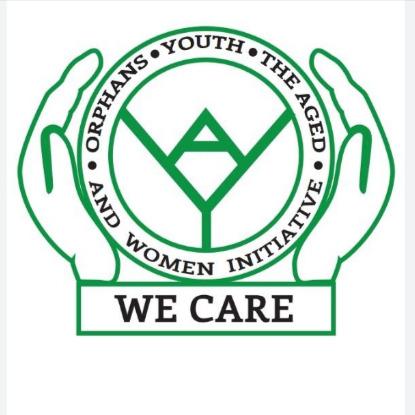Our programmes as follows
WHAT WE DO
YOUTH AND WOMEN EMPOWERMENT
Youth and women empowerment interventions focuses on equipping young people and women with the knowledge, skills, and resources to participate fully in society and achieve their full potential. This includes promoting education, economic opportunities, leadership roles, and overall well-being, ultimately aiming for a more equitable and prosperous society. OYAWI supports the creation of jobs and encouraging innovative entrepreneurship to provide young people and women with opportunities to earn a living and improve their economic status, thereby contributing to a more sustainable society.
We equip young people and women with the skills to navigate the digital world and manage their finances effectively to enhance economic independence.

EDUCATION AND SKILL DEVELOPMENT
Investing in the education and skills development of youth and women is crucial for economic empowerment, gender equality, and inclusive growth. Access to quality education and vocational training empowers individuals to participate fully in the workforce, start businesses, and improve their lives.
OYAWI focuses on young women who often face barriers to education and employment due to gender stereotypes and unequal access to resources. Access to quality education is our main focus. Ensuring that girls and young women have equal access to education at all levels is crucial for their empowerment. OYAWI focuses on Vocational skills training which provides training in specific skills that are in demand in the labor market to help young people and women gain employment and start their own businesses. We work hard to ensure vulnerable girls and boy transit to higher learning institutions after secondary education.
- KEY INTERVENTIONS
Remove Barriers to Education:
OYAWI ensure that all youth and women within our areas of jurisdiction have equal access to quality education, regardless of their gender, socioeconomic status, or location.
- Focus on Vocational and Technical Training:
OYAWI collaborate with Technical and Vocational Training institutes to provide training in skills that are in demand in the local and global labor markets, including technical and vocational education and training.
- Support Girls in STEM:
Encourage girls to pursue careers in science, technology, engineering, and mathematics (STEM) fields to reduce gender stereotype in the field. We do this through workshops and seminars both in schools and during school holidays.
By prioritizing education and skills development, OYAWI empower youth and women to achieve their full potential and contribute to a more just, prosperous, and equitable society.

OYAWI
Adolescent Sexual Reproductive Health
OYAWI implement effective interventions for adolescent sexual and reproductive health (SRH) encompassing a range of approaches, including comprehensive SRH education, access to quality menstrual products, and HIV/STI prevention and treatment. These interventions aim to empower adolescents with knowledge and skills to make informed decisions about their bodies and sexuality, reduce risks like unintended pregnancies and infections, and promote healthy reproductive outcomes.
Key Interventions:
- Comprehensive SRH Education:
This involves providing age-appropriate information about puberty, reproductive anatomy, sexual health, menstrual hygiene, STIs, and healthy relationships.
- Contraceptive Services:
Ensuring access to safe, effective, affordable, and acceptable contraception methods, including counseling and follow-up support.
- Community Mobilization and Advocacy:
Engaging communities to raise awareness about SRH issues, address stigma, and support policies that protect adolescent SRH.
- Promoting Healthy Behaviors:
Encouraging healthy sexual behaviors, including postponing age at first intercourse, reducing the number of sexual partners, and practicing safe sex.
- Menstrual Hygiene and Management (MHM):
Effective MHM is crucial for health, education, and overall well-being, especially for girls in schools and communities where access to quality menstrual products, clean water and sanitation is limited.
OYAWI train the girls and women to enable them understand menstruation and MHM practices which helps them manage their cycles effectively and reduces the risk of infections or other health problems.
OYAWI provides quality MHM materials (reusable sanitary pads, underwear and menstrual booklet) and facilities to improve school attendance and performance, especially to girls who may be unable to attend school due to lack of access to quality menstrual products.
OYAWI encourages communities to provide a positive and non-judgmental environment where girls and women can discuss menstruation openly and comfortably. Through trainings, we encourage men involvement on matters of menstrual health.
By implementing these interventions and addressing the factors that influence their effectiveness, OYAWI significantly improve the sexual and reproductive health and well-being of adolescents. These interventions boost self-esteem and confidence, and help girls and women feel more comfortable and empowered during their menstrual cycles.
OYAWI
Climate Change Actions
OYAWI implement programs that focuses on mitigation and adaptation of climate change.
Key Interventions
- Climate-Smart Agriculture:
The overall objective of the project is in accordance with the Government Agricultural policy of increasing food production and diversification of the present farming system so as to attain sustainable food security and end extreme poverty. OYAWI implement practices that help farmers adapt to changing climate conditions, such as drought-resistant crops, improved water management, and diversification. Farmers are trained and sensitized on technology based agriculture. Utilizing natural ecosystems to provide climate change mitigation and adaptation benefits, such as planting trees and creating green infrastructure. OYAWI has planted over 10000 trees within our areas of operation.
- Enhancing Community Resilience:
Supporting communities in adapting to the impacts of climate change, such as extreme weather events, water scarcity, and food insecurity. We encourage individual and societal changes in use of clean energy, such as solar energy and biogas.
By implementing these interventions, there is increase in food productivity, creation of employment and reduction of rural-urban migration.
The climate change programs also focus on environmental conservation, clean environment devoid of pollution.
